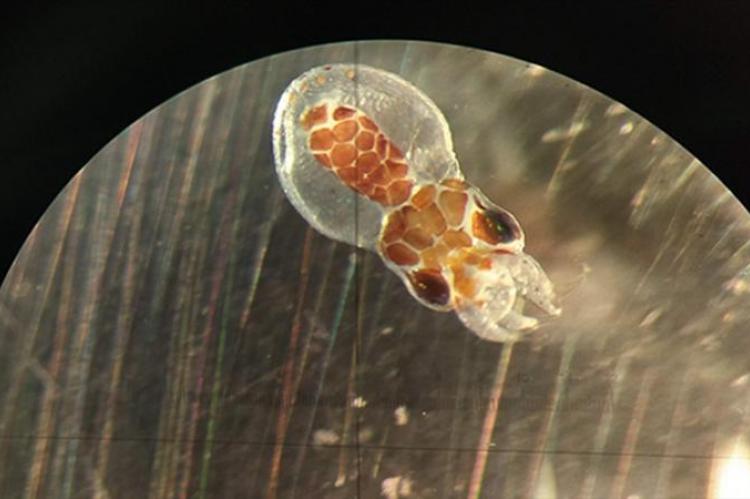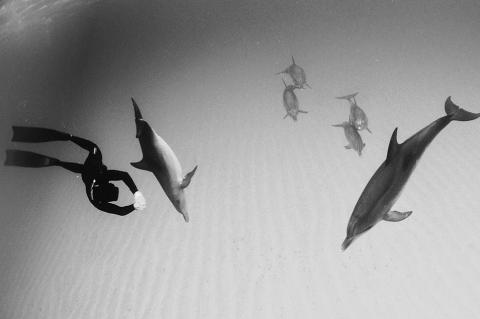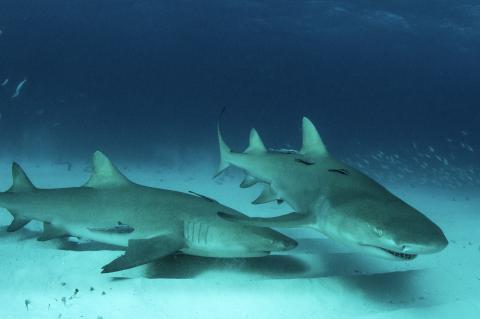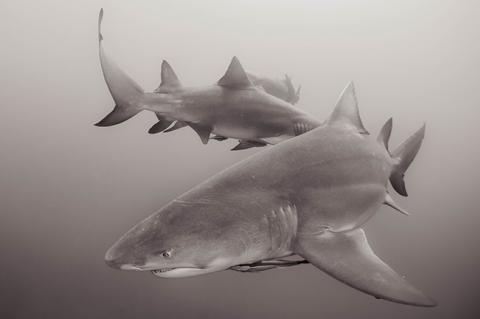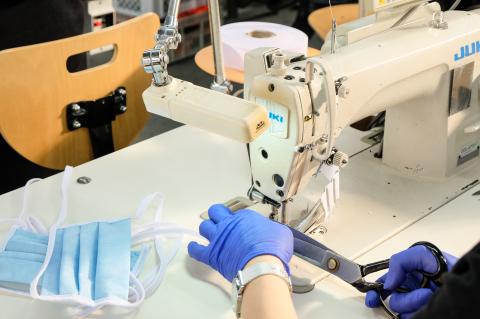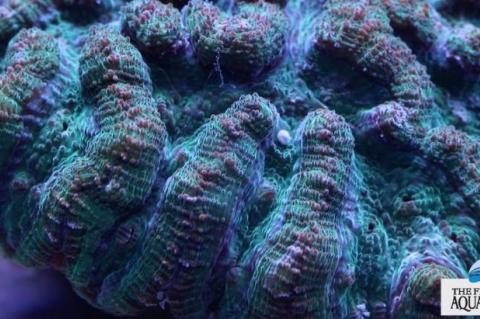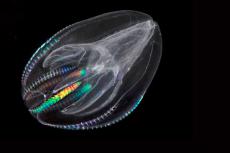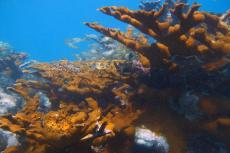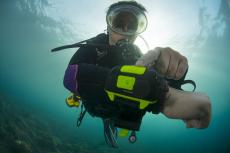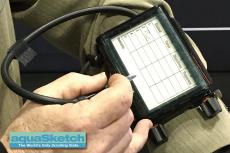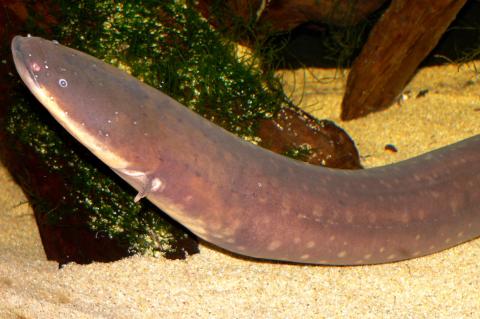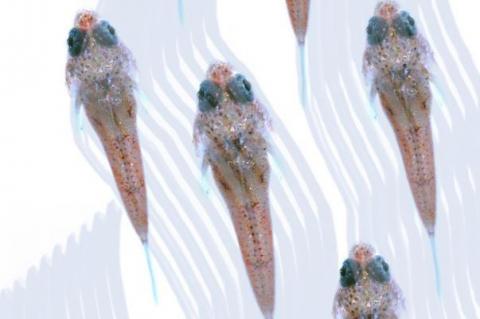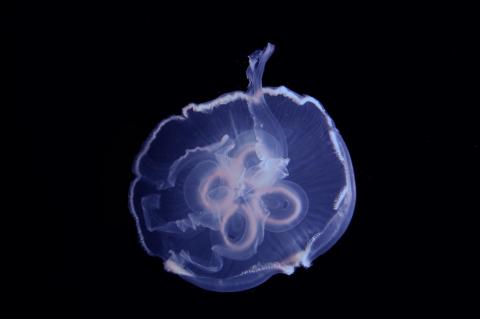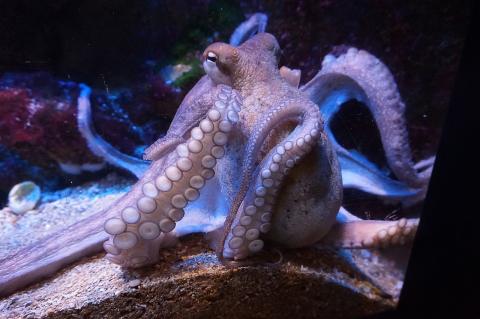Low oxygen may temporarily blind some marine invertebrates
Based on research conducted by the University of California San Diego, low oxygen levels in the ocean can cause some marine animals invertebrates to go blind.
Oxygen levels in the ocean fluctuate due to various reasons, both natural and man-made. A study by scientists at the Scripps Institution of Oceanography at the University of California San Diego found the vision of marine invertebrates to be dependent on the amount of available oxygen in the water.
Their findings were published in the Journal of Experimental Biology journal.
Focussing their research on the larvae of four marine invertebrates—market squid, two-spot octopus, tuna crab and a brachyuran crab—the scientists discovered that vision in low-oxygen environments was reduced by as much as 60 to 100 percent.
"I was surprised to see that even within a few minutes of being exposed to low oxygen, some of these species became practically blind," said McCormick.
According to the press release, the brachyuran crab and squid "lost almost all of their vision at the lowest oxygen conditions tested, about 20 percent of surface oxygen levels. Octopuses held out longer, with retinal responses only declining after oxygen was reduced to a certain level, while the tuna crabs were quite resilient."
When the oxygen level was returned to normal, most of the species regain their vision, demonstrating that the vision loss was temporary.


